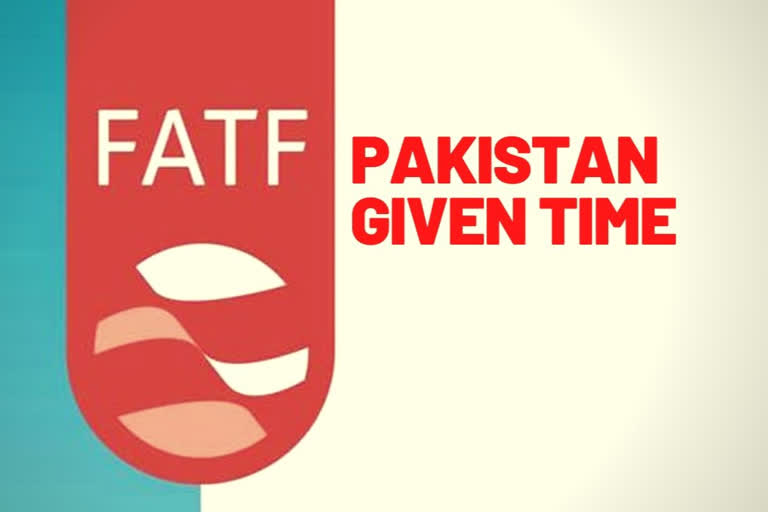Islamabad: The Financial Action Task Force (FATF) will likely give Pakistan some more time until June to achieve full compliance with its 27-point action plan and secure exit from its grey list failing which it could slip into the blacklist.
Informed sources from Paris told Dawn News that Pakistan's performance vis-a-vis the action plan had been reviewed at the working group meetings.
The Paris-based anti-terror financing watchdog will issue a formal statement today on the conclusion of the group meetings and plenary that continued from February 16 to 21.
The sources told the daily that Pakistan has been asked to take action on eight following areas; first, asking it to demonstrate that remedial actions and sanctions are applied in cases of AML/CFT (anti-money laundering/combating the financing of terrorism) violations relating to terrorist financing (TF) risk management and TF standard obligations.
Second, demonstrate that competent authorities are cooperating and taking action to identify and take enforcement action against illegal money or value transfer services.
Read more:'Absolutely a possibility' of blacklisting Pak, says FATF chief
In the third pointer, the watchdog also urged the country to demonstrate the implementation of cross-border currency and BNI controls at all ports of entry, including applying effective, proportionate and dissuasive sanctions.
Fourth, demonstrate that law enforcement agencies (LEAs) are identifying and investigating the widest range of TF activity and that TF investigations and prosecutions target designated persons and entities and those acting on behalf or at the direction of the designated persons or entities.
Fifth, demonstrate that TF prosecutions result in effective, proportionate and dissuasive sanctions.
Sixth, demonstrate effective implementation of targeted financial sanctions (supported by a comprehensive legal obligation) against all 1,267 and 1,373 designated terrorists and those acting for or on their behalf, including preventing the raising and moving of funds, identifying and freezing assets (movable and immovable) and prohibiting access to funds and financial services.
